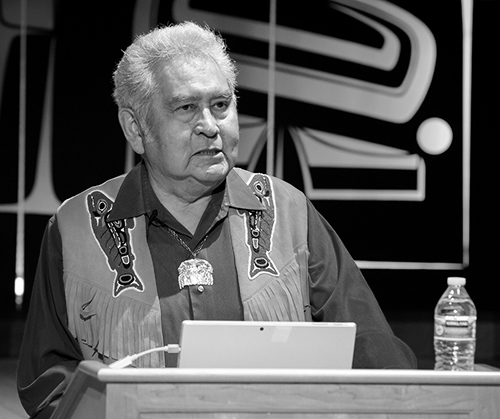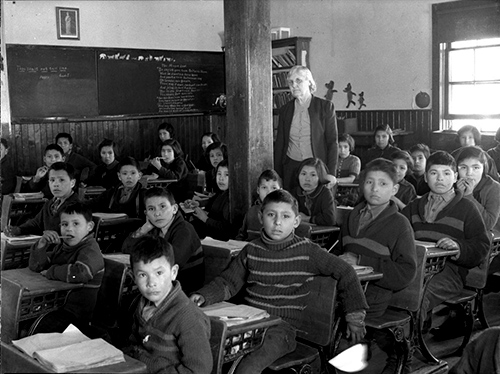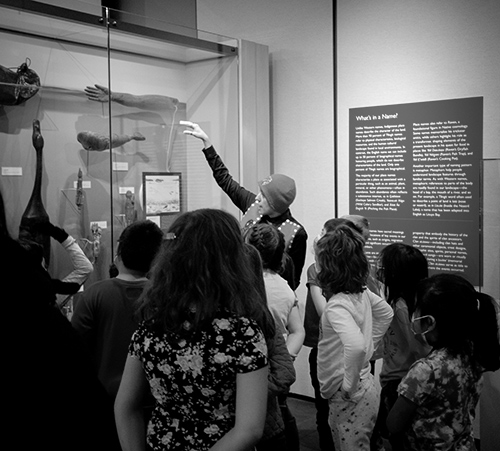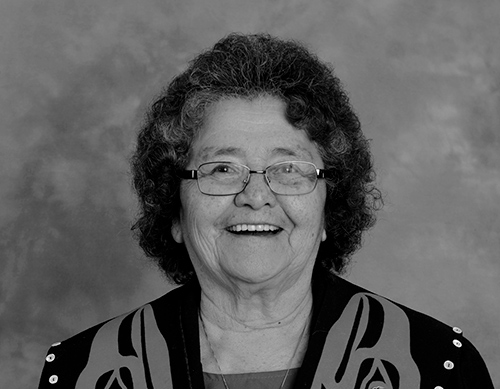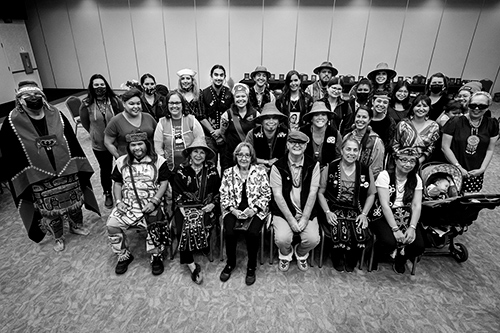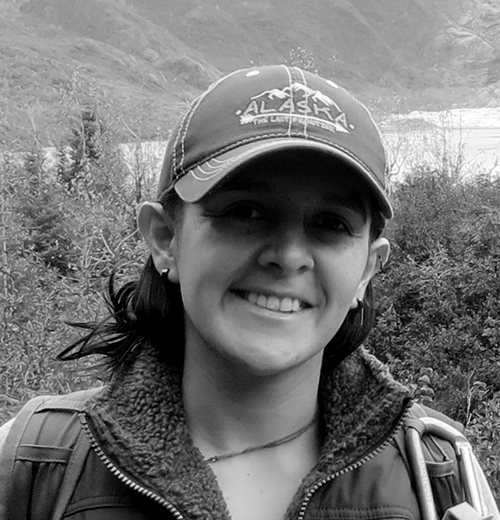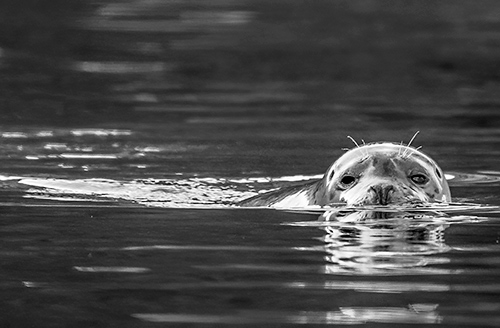SHI TO SPONSOR LECTURE ON THE BOMBARDMENT OF THE TLINGIT VILLAGE OF ḴAACHX̱HAAN.ÁAK’W, ḴéEX̱’ ḴWÁAN, AND XUTSNOOWÁ ḴWÁA
Sealaska Heritage Institute Press Release
LECTURE ON THE BOMBARDMENT OF THE TLINGIT VILLAGE OF ḴAACHX̱HAAN.ÁAK'W, ḴéEX̱' ḴWÁAN, ...
Sealaska Heritage to sponsor lecture on the historical context of Alaska Native leadership for Walter Soboleff Day
Sealaska Heritage Institute Press Release
SHI TO SPONSOR LECTURE ON THE HISTORICAL CONTEXT OF ALASKA ...
SHI to sponsor lecture on Canada’s controversial residential school system
/*! elementor - v3.21.0 - 24-04-2024 */
.elementor-widget-image{text-align:center}.elementor-widget-image a{display:inline-block}.elementor-widget-image a img{width:48px}.elementor-widget-image img{vertical-align:middle;display:inline-block}
/*! elementor - v3.21.0 ...
SHI to sponsor lecture on the historical context of Alaska Native leadership for Walter Soboleff Day
Sealaska Heritage Institute Press Release
SHI TO OPEN DOORS TO ALL SECOND-GRADE JUNEAU SCHOOL DISTRICT ...
SHI’s longtime chair steps down, internationally acclaimed artist to take her seat
Sealaska Heritage Institute Press Release
SHI’S LONGTIME CHAIR STEPS DOWN, INTERNATIONALLY ACCLAIMED ARTIST TO TAKE ...
SHI expands language lecture series on Southeast Native languages, strengthening our community
Sealaska Heritage Institute Press Release
SHI EXPANDS LANGUAGE LECTURE SERIES ON SOUTHEAST NATIVE LANGUAGES, STRENGTHENING ...
SHI to sponsor lecture on the reproductive life of seaweeds
Sealaska Heritage Institute Press Release
SHI TO SPONSOR LECTURE ON THE REPRODUCTIVE LIFE OF SEAWEEDS
Free ...
SHI to sponsor lecture on exposure to mercury in humans, potential effects in select marine mammals
Sealaska Heritage Institute Press Release
SHI TO SPONSOR LECTURE ON EXPOSURE TO MERCURY IN HUMANS, ...
SHI, IAIA urge federal panel to hold off on proposed amendments to arts and crafts act
Sealaska Heritage Institute Press Release
SHI, IAIA URGE FEDERAL PANEL TO HOLD OFF ON PROPOSED ...
SHI’s Council of Traditional Scholars to hold workshop on cultural memorial ceremony
Sealaska Heritage Institute Press Release
SHI’S COUNCIL OF TRADITIONAL SCHOLARS TO HOLD WORKSHOP ON CULTURAL ...

